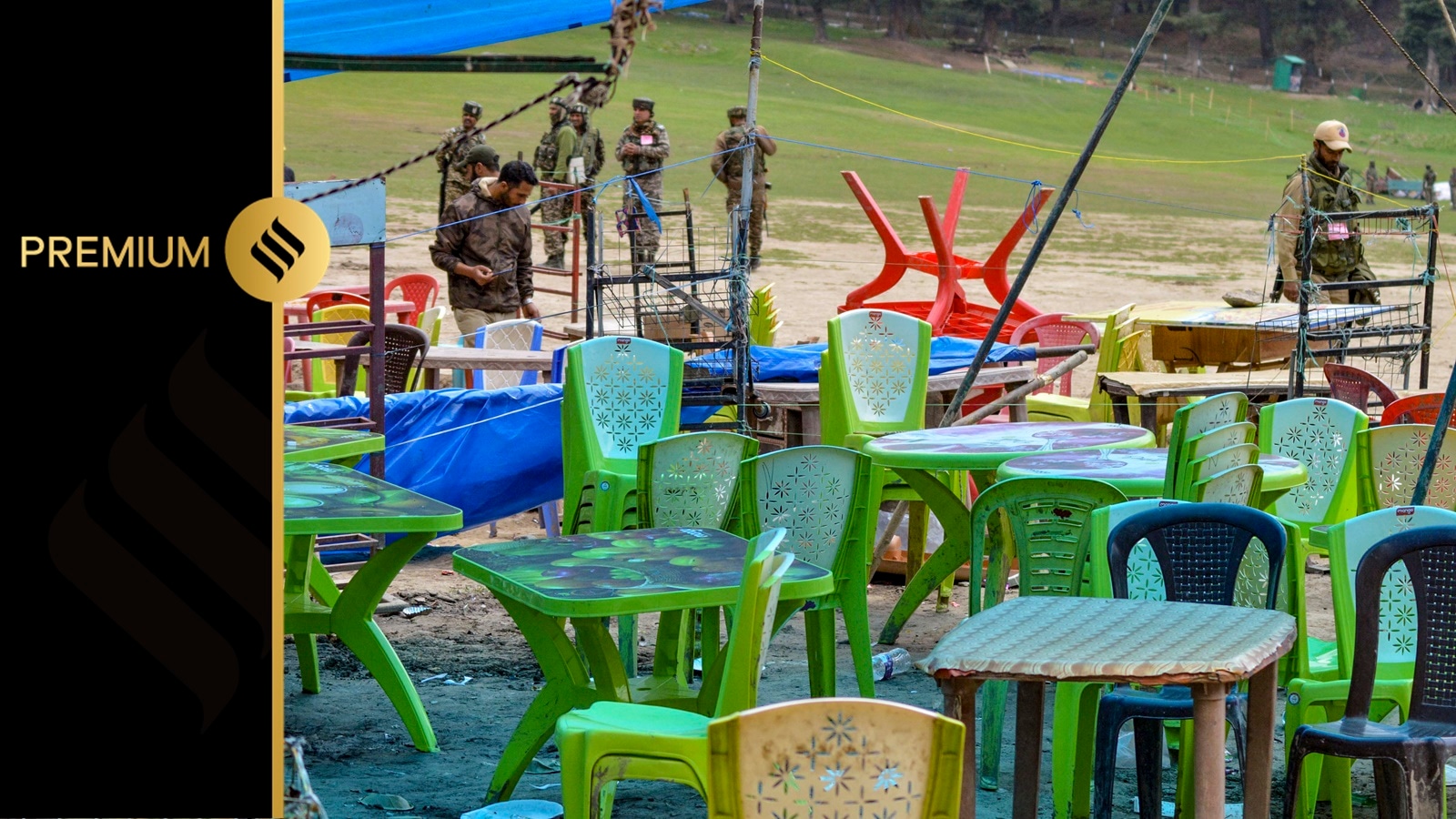After a traumatic experience of losing their dearest ones to an unexpected terror attack or a violent crime, many survivors feel remorseful for continuing to live while others were harmed or killed. This is called the survivor’s guilt, which manifests as feelings of undeserved survival, helplessness, or regret about being at the site of extreme crime (in this case going on a holiday) and forever wondering if they could have done something to prevent it.
Then there is the shock of the incident itself, in this case a massacre, which may scar survivors for years. “It’s characterised by persistent symptoms like intrusive memories, nightmares, avoidance of trauma-related stimuli, and a heightened sense of anxiety and alertness. This is what we call post-traumatic stress disorder (PTSD), which needs to be treated at the earliest to help survivors, particularly children, process the tragedy and move on in life,” says Dr Shaunak Ajinkya, psychiatrist at Mumbai’s Kokilaben Dhirubhai Ambani Hospital.
What are the short and long-term consequences of children witnessing a massacre of their parents, which has happened in this case?
The consequences can be significant and long-lasting, which can adversely affect their psychological, emotional, behavioural and social development. It is not just the grief over the loss that they have to process but the fear of the traumatic circumstances around it. Some children may not immediately react and could experience emotional numbing or a sense of detachment. They could exhibit multiple physical symptoms, such as headaches, abdominal pains, bedwetting, sleep disturbances, and increased sensitivity to light or sound.
Story continues below this ad
Others may show behavioural changes like excessive clinginess to their caregivers, or emotional withdrawal and a regression to earlier soothing behaviours such as thumb-sucking or rocking to-and-fro, and separation anxiety (unable to stay separate from their caregivers). The child may irrationally believe they could have done something to prevent the massacre. The child’s sense of safety and trust in the world and others can be affected. They may believe that the world is dangerous and that life has less value. The child could have trouble forming secure attachments and maintaining healthy relationships due to trauma and loss. They may distrust others or fear further loss.
The child may actively avoid situations that remind them of the trauma or where they feel vulnerable, such as school, playgrounds or gatherings. They could be less social and have an increased risk of mental health conditions like anxiety disorders, depression and substance abuse afterwards in their life.
In complex cases, the child might struggle with identification with the deceased parent(s) or, in rare cases, even the aggressor.
Some children may externalise their trauma through aggressive behaviour, irritability, or defiance in social settings as a way of expressing pain or gaining a sense of control. In some cases, the child’s overwhelming trauma may temporarily impair their ability to empathise with others, as they focus primarily on their own survival and emotional state.
Story continues below this ad
In family or peer dynamics, the child might prematurely assume adult-like responsibilities or seek to protect others, driven by a need to feel safe and in control.
What about survivor adults?
They may have intrusive memories of the attack, flashbacks, and intense emotional distress when reminded of the event and could get stuck in the dark hole. I had a patient who avoided the apartment where her husband was killed by an intruder. She had profound survivor’s guilt. She would say, “If only I had shouted and alerted people,” or “I should have protected him better.” Despite acknowledging the irrationality of these thoughts, she could not shake the overwhelming feeling that she had somehow failed her husband and daughter. This focus on perceived failure and inaction made her feel so incapable that she slipped into depression. She also became hyper-protective about her child.
How can survivors deal with PTSD?
Developing a coping mechanism for both children and adults requires a comprehensive and individualised approach, involving both antidepressant and anxiolytic medications in the short term. For children, there is a Trauma-Focused Child-Centred Play Therapy (TF-CCPT), where the therapist uses toys and art materials to help the child externalise their feelings, re-enact aspects of the trauma at their own pace, and develop coping mechanisms. As they progress, there is a gradual and controlled exposure to trauma-related stimuli (eg, talking about the parent they lost, drawing safe spaces, gradually even the setting of incident) to reduce avoidance behaviour.
A narrative approach encourages the child to externalise the trauma by creating a narrative of their experience. It helps them regain a sense of control and reframe their story to promote healing.
Story continues below this ad
Elders need Trauma-Focused Cognitive Behavioural Therapy (TF-CBT) or talk therapy to develop coping strategies. Gradual exposure to trauma-related memories and situations help reduce their avoidance and emotional reactivity. Sometimes connecting with a support group for individuals who experienced trauma and loss gives a shared sense of purpose. Adults can be taught mindfulness, self-hypnosis and relaxation techniques to help manage anxiety and improve sleep.
Joint sessions with the surviving parent and children come later and accelerate healing.

